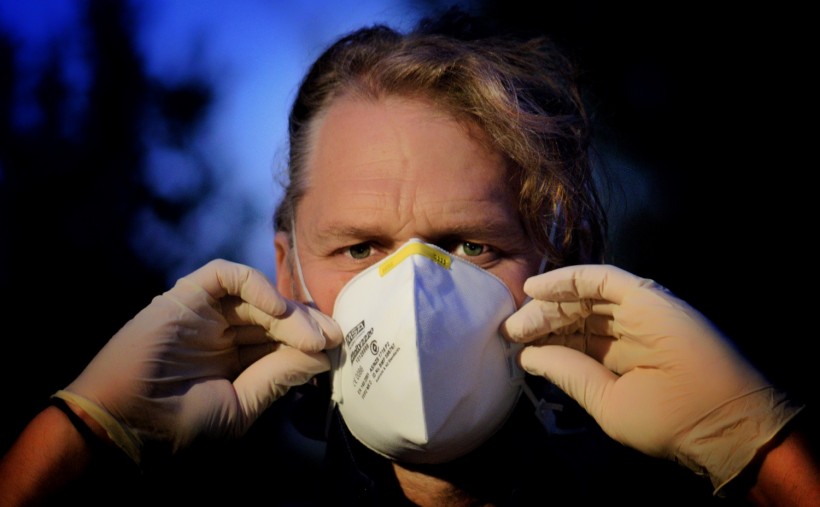The lack of proper personal protective equipment (PPE) amid the coronavirus pandemic is putting the medical frontliners at risk of getting infected with the highly contagious COVID-19 disease, but Manitoba researchers have apparently found the solution to the lack of N95 masks.

Manitoba researchers found a way to decontaminate and reuse N95 masks as shortages come in sharper focus.
N95 Shortage Amid the Coronavirus Pandemic
According to a report by CBC News, five researchers hailing from Manitoba have recently released a study this Wednesday where they found some success in decontaminating four types of masks.
Dr. Anand Kumar, a professor of medicine at the University of Manitoba and the lead researcher, said that preliminary results suggest that masks could be decontaminated successfully using conventional sterilization techniques.
Additionally, these masks could be used up to 10 times.
However, the N95 mask offers the best protection against tiny aerosol particles, which could carry the SARS-CoV-2 virus or the novel coronavirus, as it is designed to filter these particles.
However, since the start of the global coronavirus pandemic, PPE, ventilator, and critical drugs are running low on supply, as TechTimes noted, putting healthcare staff, patients, and even the public at high risk.
Successfully Decontaminating Masks
With the scarcity in focus, Kumar started to explore if there are ways to reuse masks that are thrown after one use, and often just used for a few minutes only.
Kumar and his team started their research ten days ago, experimenting with different sterilization methods and four masks that are available within Winnipeg, including the N95 mask.
The goal was to find the best way to decontaminate the masks successfully while maintaining their effectiveness and structural integrity.
Based on their research, Kumar and his team found that two sterilization methods allowed for multiple cleaning without damaging the filtering ability of the masks.
One of the methods was using vaporized hydrogen peroxide, which was very effective in decontaminating the masks without losing their effectiveness. Still, the lead researcher said that the technology is only available in a few places in the United States.
Read Also: Coronavirus Update: Researcher Creates 5-Minute COVID-19 Test for Only Less Than $3!
A Successful Research
Aside from vaporized hydrogen peroxide, Kumar also said that autoclaving is highly effective as well and that it is commonly found in most hospital settings.
"[Autoclaving] is like a pressure cooker. Basically you enclose items into a chamber, you lock down the chamber, you heat it up and actually increase the pressure inside the chamber, and basically it becomes a pressure cooker," the professor said.
Autoclave machines heat up to 121 degrees Celsius for around 15 minutes, effectively killing bacteria and viruses, including the novel coronavirus.
However, the machine does degrade certain types of masks, but Kumar and his team found that pleated masks, which are made from a fabric-type of material, can be decontaminated with autoclaving and still come out just as it did before.
Since these are the most common N95 masks, it is possible to use autoclaving to decontaminate them and use them for up to 10 times.
Meanwhile, the FDA has approved the use of concentrated, vapor phase hydrogen peroxide that the company Batelle proposed to decontaminate N95 masks and allow them to reuse for up to 20 times, considering they are sterilized with the technology for 2.5 hours after each use.









